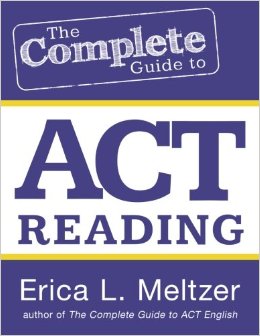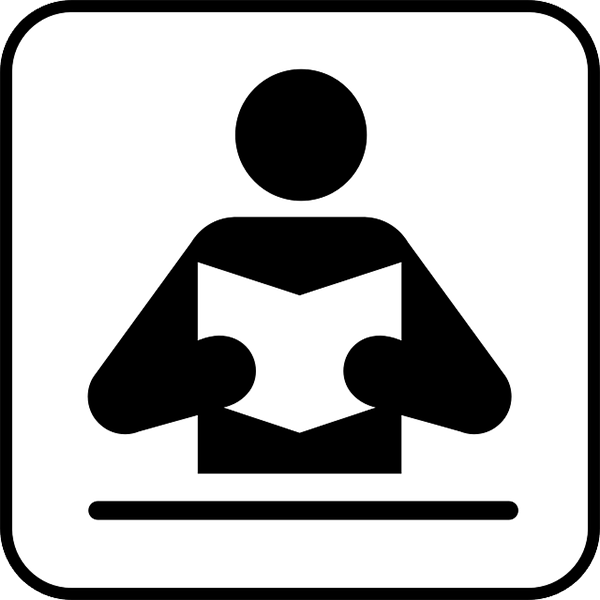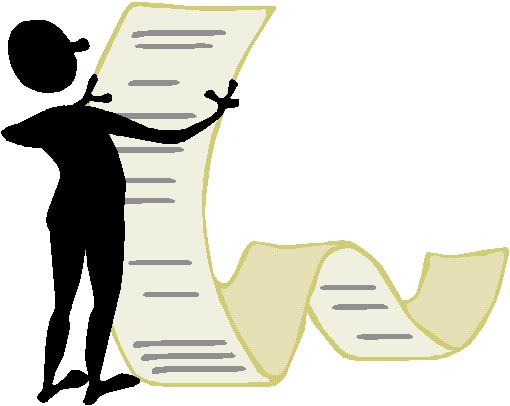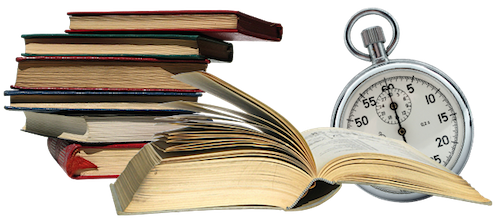If you struggle with the ACT Reading section, you're probably on the lookout for some new strategies to help you improve your performance. In this article, I’ve put together four of our top strategies for fixing whatever problems you have on the Reading section and dramatically increasing your scores!
Inference Questions in ACT Reading: Strategies + Practice
Questions that ask you about what information can be inferred from a line or series of lines on ACT Reading comprise about 15% of ACT Reading questions (based on my analysis of 4 publicly available ACTs). In order to answer these inference questions correctly, you must be able to understand what is written in the text and take one tiny, logical step beyond what is directly stated.
But how are inference questions asked, and what ACT Reading strategies can you use to answer them? Keep reading to find out and prep for this important question type!
Complete Breakdown of Every ACT Reading Question Type
It’s helpful to know how much certain types of questions show up on the ACT Reading section in order to make the most of your studying. We’ve collected data from publicly available ACT tests on the types of questions that show up most frequently.
In this article I’ll go through the different question types, how much they show up on the test, and how this information can help you.
If you’re taking the ACT and find the Reading section to be a challenge, you’re probably looking for some quick ways to improve your scores. Well, you’re in luck. Here are our top 10 tips for acing the ACT Reading section!
Full Review: Erica Meltzer's Complete Guide to ACT Reading
Erica Meltzer’s test prep books have burst onto the test prep scene (if that wasn't a thing before, it is now) in the last few years, to great acclaim. She's published 2 books on the ACT: The Complete Guide to ACT English and The Complete Guide to ACT Reading (which is what I will be reviewing in this article). While Meltzer's books are high quality, they are not without their flaws, so read on to figure out whether or not this book is appropriate for you and if you should integrate it into your own ACT test prep. All shall be explained!
The #1 Critical, Fundamental Strategy of ACT Reading
You only need to know one fundamental rule to do well on ACT Reading, and it’s not all that complicated. That rule is this: There’s only one correct answer choice for every question, and the other three answers can be eliminated based on definitively incorrect elements. In other words, the questions on the ACT Reading section are NOT subjective in any way!
In this article, I’ll go through the types of incorrect answers you’ll see on the ACT Reading section and how to ruthlessly eliminate them so you’re only left with one solid winning choice.
If you’re aiming for a top score on the ACT Reading section, you probably want to know what the hardest questions look like so you’re prepared for everything the test throws at you. In this article, I’ll walk you through the answers to some of the toughest questions I’ve seen on the ACT Reading section.
Why exactly are they so hard? How do you tackle them? How well will you do? Challenge yourself for that top score.
At last, the time has come when you must tackle the ACT Reading. How can you practice for the ACT Reading? Where can you find ACT Reading practice questions? Is it even possible to practice for the Reading section? Read on for the answers to these questions.
Little Picture Questions in ACT Reading: Find the Detail
Little picture questions account for a huge amount of the questions on ACT Reading. Of the 4 publicly available ACTs I surveyed, between 25% and 50% of ALL Reading questions were little picture questions. So what does this mean for you and your ACT test prep? It means that it is well worth your time to make sure you can consistently answer little picture questions accurately and in a reasonable amount of time (what "reasonable" is will depend on the score you're aiming for).
In this article, I’ll provide examples of the different ways ACT Reading will ask you to use little picture skills and explain the strategies you can use to help with these questions. I'll end with a walkthrough of a sample question as well as practice questions for you try out on your own. First, however, I’ll explain what exactly I mean by “little picture” questions
Big Picture Questions in ACT Reading: What's the Main Point?
On ACT Reading, you'll encounter questions that ask you to be able to read large amounts of text and distill them down; we call these "big picture" questions here at PrepScholar. Big picture questions can ask about the entire passage, a series of paragraph, or even just one paragraph (as opposed to "little picture" questions, which will ask for specific information). Being able to answer these types of questions will prove very useful for college/university, where professors will expect you to use these skills with even more dense and academic writing.
What are “big picture” questions on ACT Reading, and what are the best ways to approach answering them? I’ll start by discussing the two primary types of big picture questions you’ll encounter on the ACT, along with common ways the ACT will ask you about each. After that, I’ll give you some strategies to answer both types of questions, illustrated with examples from prose fiction and academic writing.
Do you need to study vocabulary for the ACT but aren’t sure where to start? We have links to free lists of ACT vocab from around the web.
We also have found other vocab study resources – from videos to apps to browser plug-ins – to help you study ACT-specific vocabulary.
The 4 Types Of ACT Reading Passages You Should Know
One of the nice things about the ACT is that it doesn't change all that much from test to test. This is especially true for the Reading section: Reading is always the third section of the ACT, there will always be passages on four subject areas, and each subject area will have 10 questions.
So what are the 4 types of ACT Reading passages? Read on to find out!
Last year, the average Reading score on the ACT was 21.2. With a strategic approach to reading the passages quickly and efficiently, you should be able to break away from this average and boost your scores!
Let's review what you'll see on the ACT Reading section and then talk about the most efficient way to read the passages and answer the questions with time to spare.






















